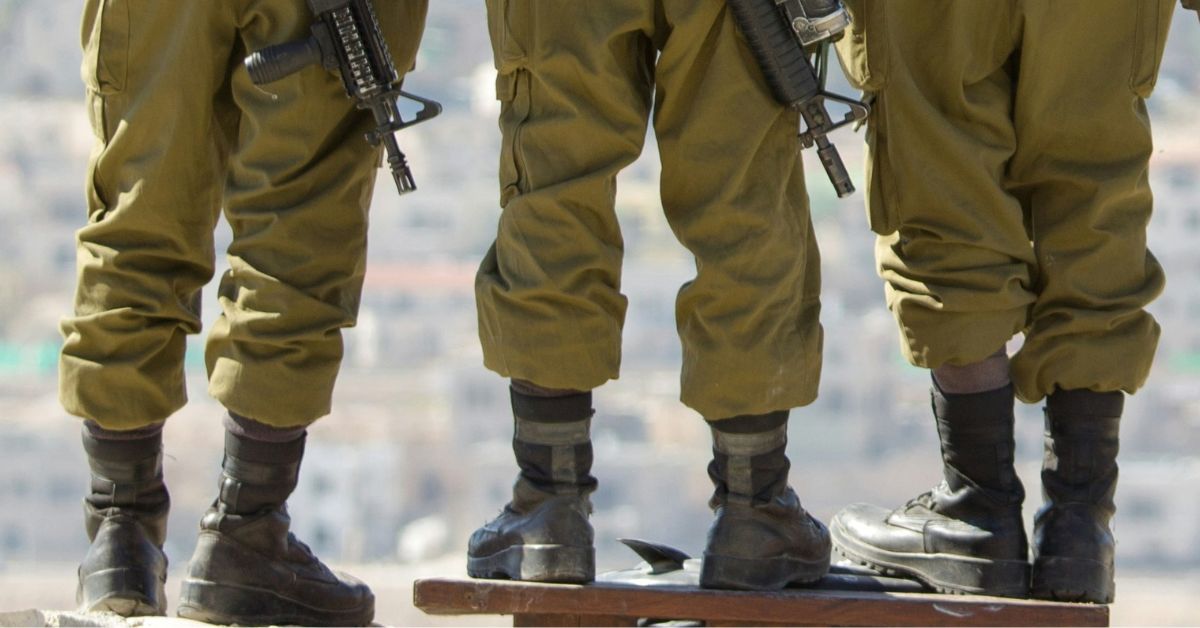By: Mike Crooks
A year after the October 7 Hamas attack on Israel, conflict is escalating in the Middle East.
In a shocking assault that began at 6:30 am on October 7, 2023, an estimated 2,200 missiles were launched into Israel as 1,500 Hamas militants stormed the country, targeting civilians.
At least 1,200 people were killed, which included families attacked in their homes and young people attending an outdoor music festival. It was the deadliest single day for Jewish people since the Holocaust.
According to a United Nations report, some were victims of sexual assault before they were murdered.
More than 240 people were taken hostage, many of whom have since been murdered, including six who were found dead in a Gaza tunnel last month. According to the UN, 97 remain unaccounted for.
“As time passes by, the threats to the life and well-being of the hostages intensifies, and the urgency of action to ensure their release and put an end to the war grows,” Alice Edwards, the UN Human Rights Council-appointed Special Rapporteur on Torture, said last month.
Retaliation
Immediately following the attack, Israeli Prime Minister Benjamin Netanyahu announced his country was “at war”, invading the Palestinian territory of the Gaza Strip with the objective of destroying Hamas and freeing the hostages.
In an unrelenting and controversial campaign, the Israel Defense Forces (IDF) has bombed regions in Gaza, the home of 2 million Palestinians, leading to a devastating humanitarian crisis.
More than 40,0000 civilians have been killed in the raids, which has prompted world leaders, including US President Joe Biden, and Australian Prime Minister Anthony Albanese, to call for an end to the bloodshed.
“I say to Prime Minister Netanyahu that he needs to listen to the international community, just like the other players in that region need to listen to the international community,” Mr Albanese said as the conflict intensified.
“The calls are very clear when you have the United States, Australia, the United Kingdom, Canada, other nations all calling for a de-escalation of this conflict.”
President Biden has repeatedly called for a ceasefire in the region.
Wider conflict
After a wave of assassinations by Israel, including the killing of Hezbollah leader Hassan Nasrallah, Iran launched a missile attack on Israel on Tuesday October 1.
Based in Lebanon, Hezbollah is a Shiite Muslim militant group backed by Iran and deemed a terrorist organisation by multiple countries including the US and Australia.
President Biden said that the US will support Israel in its battle with Iran.
Foreign Minister Penny Wong urged all Australians in Lebanon to leave the country and about 1,700 Australians and family members were seeking to leave Lebanon.
“My heart aches”
Australian mum-of-three Emily Gian, who lives in Israel, spoke for many when she told Nine’s Today that she wants all of the conflict to end.
“My heart aches for every mother that’s in Gaza and in Lebanon,” she said.
“The fight isn’t against Palestinians, and its not against Lebanese – we’re fighting against genocidal terrorists on our borders who want to kill us. But not only do they want to kill us, they’re willing to put their own people in harm’s way in order to do that.”
Article supplied with thanks to Hope Media.
Feature image: Photo by Timon Studler on Unsplash
About the author: Michael Crooks is a senior journalist and former news editor of Who magazine. His work has appeared in People, Marie Claire, The Daily Telegraph, Herald Sun, news.com.au and more.

